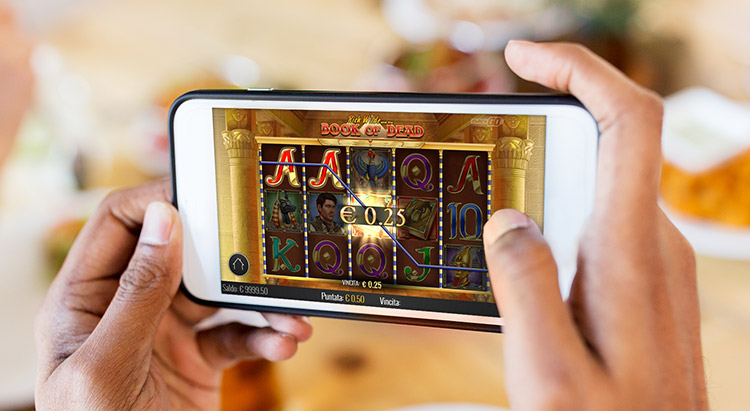The Psychology behind Playing the Lottery Online and Its Appeal
The allure of playing the lottery, particularly online, taps into a complex web of psychological factors that drive human behavior. At its core, the appeal of lotteries lies in the promise of transforming one’s life with a single stroke of luck. This fascination with the is magnified in the digital realm, where convenience and accessibility further enhance its attractiveness. The psychological concept of gambling fallacy is central to understanding why people are drawn to online lotteries. This fallacy, often referred to as the gambler’s fallacy, involves the mistaken belief that future probabilities are influenced by past events. In the context of lotteries, players might think that a number is due to come up because it has not appeared recently, despite each draw being independent and random. This fallacy can lead to compulsive behavior, as individuals continue to play in the hope that their chances are improving. Another significant psychological factor is the concept of illusion of control. Online lotteries provide an interactive experience where players can choose their own numbers or select quick picks. This perceived control, even though the outcome is purely random, gives players a sense of agency and influence over the result. This illusion can make the experience more engaging and less about the actual odds of winning.

The excitement associated with the possibility of winning a large sum of money also plays a crucial role. The human brain is hardwired to respond to potential rewards, and the scale of the jackpot in a hihuay lottery triggers a heightened state of anticipation and pleasure. This anticipatory pleasure is a powerful motivator. The thrill of imagining a sudden windfall and the subsequent lifestyle changes it could bring can be intoxicating. Online platforms amplify this effect by offering a variety of games and instant play options, making the experience more engaging and immediate. Furthermore, the concept of near-miss outcomes enhances the appeal of online lotteries. A near-miss occurs when a player comes close to winning but falls short. Psychologically, near-misses are significant because they create a sense of partial victory and can be more motivating than a complete loss. This effect is amplified online, where the interactive nature of the games can make near-misses seem more tangible and encourage players to try again, reinforcing continued engagement.
Social influences also play a part in the allure of เว็บหมีสีชมพู online lotteries. The internet is a vast space where people share their experiences and successes. Stories of lottery winners, particularly those that are shared widely on social media, can create a sense of communal excitement and aspiration. This social reinforcement can encourage individuals to participate, driven by the hope of becoming part of a success story themselves. In summary, the psychology behind playing the lottery online is shaped by a combination of cognitive biases, the thrill of potential rewards, the illusion of control, and social influences. These factors create a compelling mix that makes online lotteries particularly enticing. The convenience and interactivity of digital platforms only enhance these psychological dynamics, making the experience of playing the lottery more immersive and appealing than ever before.





Recent Comments